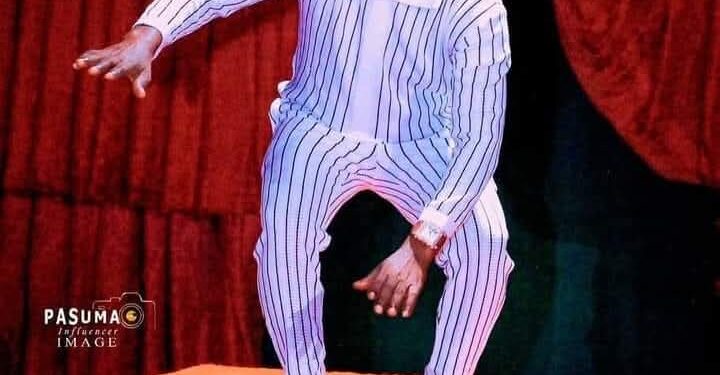
By Ibrahim Kegbegbe
Over the past three decades, the phrase “Keep on Rocking” has transcended its origins in Fuji music to become a staple across various Nigerian music genres, including Afrobeats, hip-hop, and contemporary Fuji. Popularised by Fuji legend Wasiu Alabi Pasuma, also known as Oganla Fuji, the phrase first gained prominence in his 1995 album Orobokibo. Since then, it has evolved into a rallying call for musicians, inspiring lyrics, performances, and branding in the Nigerian entertainment industry.
Many of Nigeria’s biggest stars have incorporated “Keep on Rocking” into their songs, reinforcing its significance in the country’s musical culture. For instance, 2Baba (formerly known as 2Face Idibia) released a track titled Keep on Rocking featuring Natives and Lil Seal, encouraging listeners to embrace positive vibes and enjoy the moment. Similarly, Zinoleesky, in his song Rocking, includes the line “Pasuma, keep on rocking,” directly referencing the Fuji legend and his influence on contemporary Nigerian music.
“Keep On Rocking” is another vibrant collaboration between Nigerian rapper CDQ and singer Wande Coal. Released in 2021 as part of CDQ’s album “Vibes and Lifestyle,” the track showcases the energetic synergy between the two artists.
Additionally, in the song One by One by Ladé featuring Olamide, Ladé opens the track with the lines:
“Ti Jesu ma fi dey o
I go dey ‘keep on rocking’ o
Emi gan gan lemi original
I no be photocopy”
These lyrics, which translate to “With Jesus, I will continue to prosper / I will keep on rocking / I am the original / I am not a photocopy,” further emphasize how deeply Pasuma’s phrase has been woven into the Nigerian music lexicon.
Many other Nigerian Artists have vibed with this popular phrase, ‘Keep on Rocking’.
The widespread use of “Keep on Rocking” raises questions about its cultural and musical impact. Should Pasuma be officially credited as the originator? Some fans and industry insiders argue that the phrase should be recognized as a defining slogan in Nigerian music history.
With the rise of social media and digital streaming platforms, could “Keep on Rocking” become a global catchphrase? As Nigerian music continues to dominate international airwaves, Pasuma’s influence—whether acknowledged or not—remains deeply embedded in the DNA of contemporary Nigerian sound.
This revelation also sparks discussions about intellectual property in music, the influence of Fuji on other genres, and how indigenous sounds have shaped modern Nigerian pop culture. Ultimately, “Keep on Rocking” is more than just a phrase—it is a symbol of continuity, resilience, and celebration in Nigerian music.
















